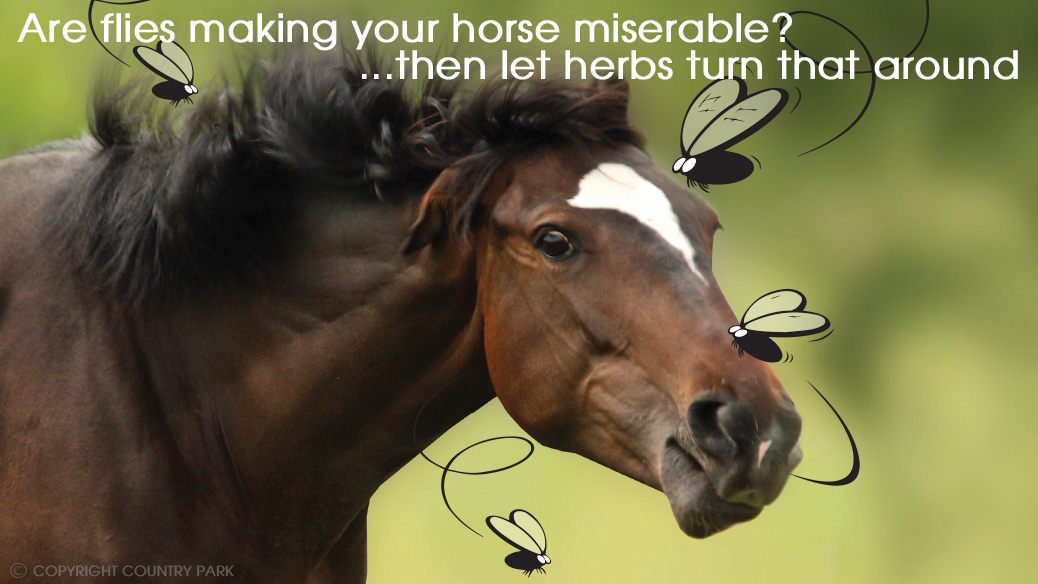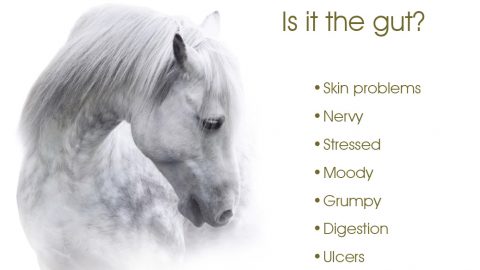Why are our horses plagued by flies? Well that could be a silly question being in Australia with our national salute being a quick swish at flies. However, as with all things in nature, these flies may be giving us a hint as to what herbal support our horses are in need of.
While no horse will be free of flies this summer, a healthy horse tends to be less appealing to them. If a horse is not at optimum health, it can give off detectable odours that attract flies.
The flies may sit along a meridian or rest over an organ, which with careful observation may help you decide if the horse needs nutritional support from dried herbs. For example, for the horse that has flies accumulate around the eyes where the stomach meridian starts, or congregate over the abdomen, the addition of marshmallow root powder may benefit to help balance mucosal secretions in the gut.
If the horse’s breath starts to smell fruity after eating, it could be an early indicator of insulin levels running low. To help manage blood sugar spikes while investigating further, fennel seed and cinnamon powder are useful added to any feed.
Flies hate the smell of cinnamon, so adding one teaspoon of cinnamon powder to feed where flies hover, will help deter the flies invading the feed bucket.
Sometimes a sudden change in the odour of urine can be a sign of dehydration or possibly a urinary tract infection. If given in the early stages corn silk can help subside the irritation to the soft mucosa.
Any sudden change in the amount or smell of sweat, or an increase of flies after a ride, could indicate a health problem.
Some sweaty odour is normal but if the scent of a horse’s sweat changes to a sweet ammonia like smell, a liver herb such as dandelion root can help tune up the liver. Seaweed meal with a utilisable zinc content can also help as an ammonia like smell could be an indication of a zinc deficiency.
Manure is an open invitation to flies. For a horse with stinky watery stools, hop flowers will settle the impact of nervousness. When stools lose their nice apple form, this early indication of inflammation can be addressed with turmeric powder. With stools that change to a yellowish colour, the liver will benefit from combining turmeric with the tonic actions of rosehips. Maintaining good horse-keeping by removing manure daily from the stables and at a distance from the stables will help keep the flies away from the horses and assist with monitoring well-being.
 Two other supplements that can be useful as feed additives that are high in copper and useful when your intention is to repel bugs, are brewers yeast and pumpkin seeds. You can also add apple cider vinegar to help balance the horse’s pH levels and it can also be added to a wash or spray as an external repellent.
Two other supplements that can be useful as feed additives that are high in copper and useful when your intention is to repel bugs, are brewers yeast and pumpkin seeds. You can also add apple cider vinegar to help balance the horse’s pH levels and it can also be added to a wash or spray as an external repellent.
With the flies that bite and cause an itch response, nettle leaf is useful for any reaction to a biting insect including horse or march flies. Calendula petals similarly help to reduce the histamine-like reactions.
So next time you go to shoo the flies away from your horse, observe where they are attracted to and consider if your horse’s scent has changed in some way. These flies could be delivering an early message that your horse needs a herbal tune up.
If your horse doesn’t respond quickly to that tune-up, speak to your vet about your observations.







